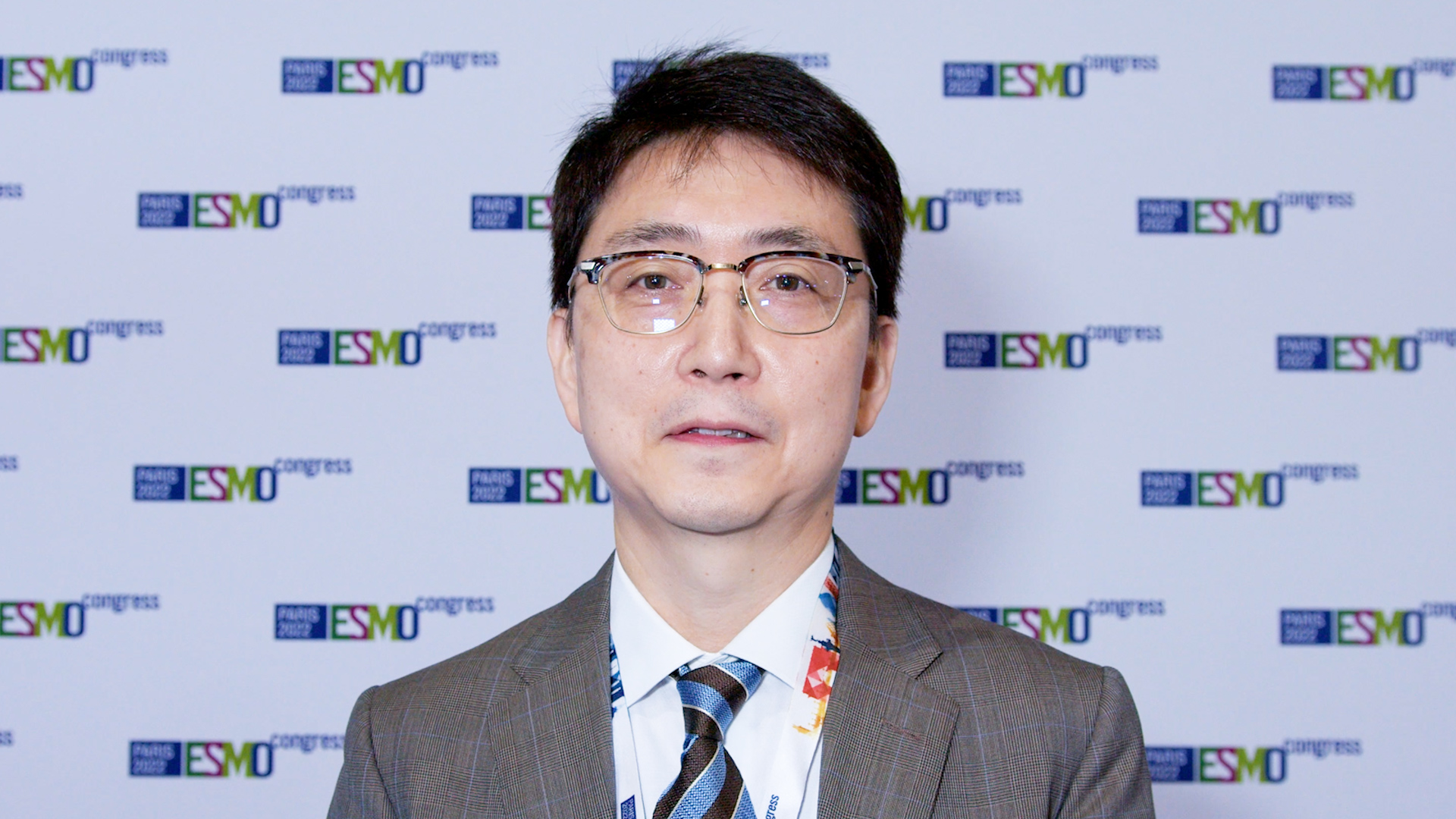Editorial Board member, Mike Gibson, reviews data presented at the ASCO 2019 annual meeting around the immune checkpoint inhibitor, pembrolizumab, in the treatment of head and neck cancers. This includes a discussion around KEYNOTE-062 (NCT02494583) and KEYNOTE-48 (NCT02358031) data, the factors that influence the choice of pembrolizumab monotherapy vs pembrolizumab plus chemotherapy and the role biomarkers have in predicting response to pembrolizumab.
Questions
1. What were the efficacy and safety findings of the KEYNOTE-062 study in patients with advanced gastric or gastroesophageal junction (G/GEJ) adenocarcinoma? (0:04)
2. What were the findings of KEYNOTE-048 study in patients with recurrent/metastatic head and neck squamous cell carcinoma? (1:22)
3. What factors influence the choice of pembrolizumab monotherapy versus pembrolizumab plus chemotherapy in these malignancies? (2:27)
4. What role do tumour mutational burden and other biomarkers play in predicting response to pembrolizumab? (3:11)
5. What further research is needed to optimise outcomes with pembrolizumab? (3:51)
Speaker disclosure: Mike Gibson has nothing to disclosure in relation to this video interview.
Filmed at the American Society of Clinical Oncology (ASCO) 2019 Annual Meeting, Chicago, IL, USA.








